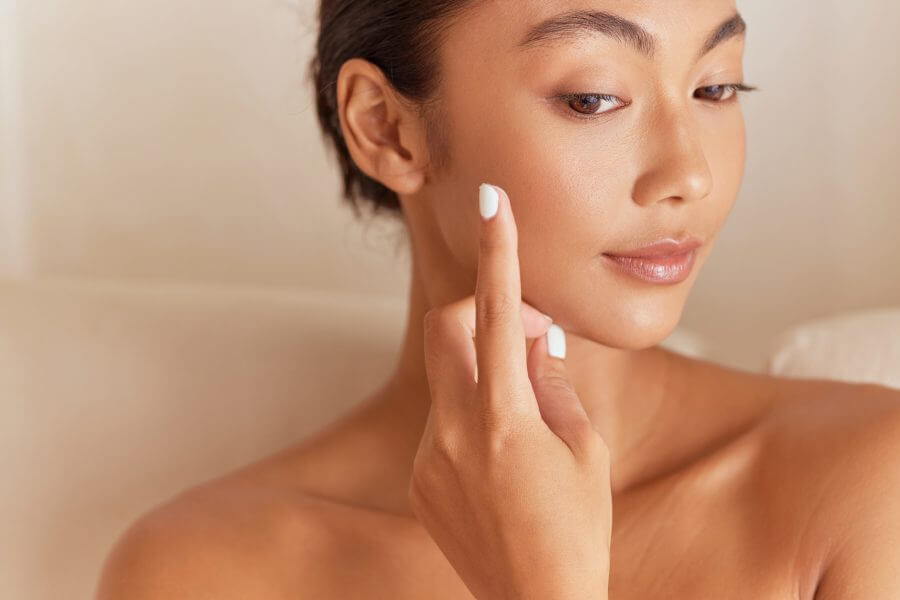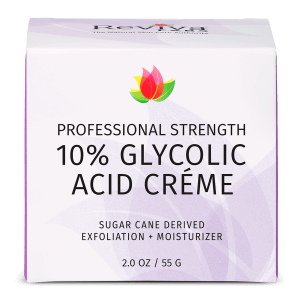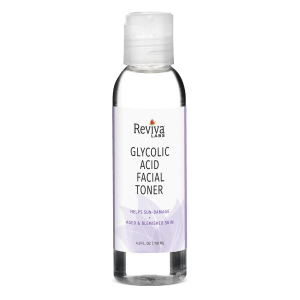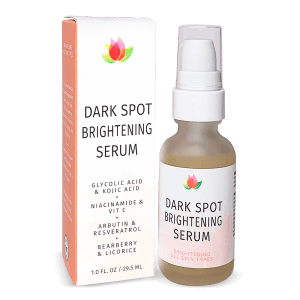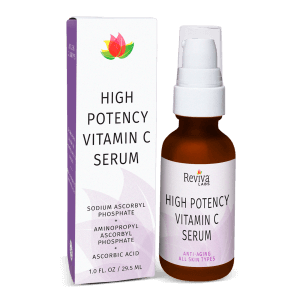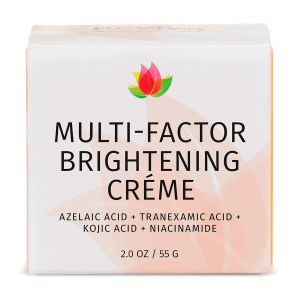Ingredients, Reviva Labs, Skin Care
Skincare Ingredients and Their Botanical Alternatives
In recent years, there’s been an increased interest in finding botanical alternatives for popular skincare ingredients. Many people are drawn to the idea of using natural, plant-based products that can offer the same benefits as synthetic ones, but with fewer side effects. This shift isn’t just a trend – it’s a movement toward more sustainable, eco-friendly skincare solutions. Here are some of the top skincare ingredients and their botanical counterparts, highlighting the benefits of making the switch to nature’s gifts.
Anti-aging
Bakuchiol
Retinoids, derived from vitamin A, are revered for their anti-aging properties. They help increase cell turnover, reduce fine lines, and improve skin texture. However, they can also cause irritation, dryness, and increased sensitivity to the sun. Enter bakuchiol, a plant-based alternative derived from the seeds and leaves of the Psoralea corylifolia plant. Bakuchiol has been shown to provide similar benefits to retinoids without the harsh side effects. Studies suggest that bakuchiol significantly improves the appearance of fine lines, wrinkles, and hyperpigmentation after twelve weeks of use.
Soy Extract
Peptides are short chains of amino acids that signal the skin to produce more collagen, leading to firmer, more youthful skin. While synthetic peptides are effective, some individuals prefer a natural alternative. Soy extract, derived from soybeans, contains natural peptides that can boost collagen production and improve skin elasticity. Additionally, soy extract has antioxidant properties that help protect the skin from environmental damage, making it a comprehensive option for anti-aging skincare.
Hydration
Aloe Vera
Hyaluronic acid is a popular humectant used in skincare for its ability to retain moisture and plump the skin. Despite its effectiveness, some individuals seek a more natural option. Aloe vera, known for its soothing and hydrating properties, serves as an excellent botanical alternative. Aloe vera gel contains a mix of vitamins, minerals, and amino acids that help to moisturize and heal the skin. Its anti-inflammatory properties make it particularly beneficial for those with sensitive or irritated skin.
Acne
Willow Bark Extract
Salicylic acid is a beta hydroxy acid (BHA) commonly used to treat acne due to its ability to penetrate and exfoliate inside the pores. However, it can sometimes cause dryness and irritation. Willow bark extract, derived from the bark of the willow tree, is a natural source of salicin, which the body converts to salicylic acid. This botanical alternative offers similar exfoliating and acne-fighting benefits but with a gentler touch. Additionally, willow bark extract contains anti-inflammatory and antimicrobial properties, making it a holistic option for clearer skin.
Tea Tree Oil
Benzoyl peroxide is a powerful acne-fighting ingredient that works by reducing the bacteria that cause acne and helping to clear clogged pores. However, it can also cause dryness, redness, and peeling. Tea tree oil, extracted from the leaves of the Melaleuca alternifolia plant, is a natural alternative with antimicrobial and anti-inflammatory properties. Studies have shown that tea tree oil can be as effective as benzoyl peroxide in reducing acne lesions but with fewer side effects. This makes it a popular choice for those seeking a gentler approach to acne treatment.
Brightening
Kakadu Plum
Vitamin C is renowned for its antioxidant properties and its ability to brighten the skin and stimulate collagen production. While effective, synthetic vitamin C can be unstable and irritating for some skin types. Kakadu plum, an Australian native fruit, boasts the highest recorded natural amount of vitamin C of any food source. Its extract not only provides potent antioxidant benefits but also supports collagen synthesis and reduces hyperpigmentation. The natural vitamin C in Kakadu plum is more stable and less irritating, making it a favorable alternative for sensitive skin.
Licorice Root Extract
Licorice root extract, derived from the Glycyrrhiza glabra plant, is a botanical known for its anti-inflammatory and skin-brightening properties, making it ideal for reducing hyperpigmentation and calming irritated skin. Additionally, licorice root extract contains glabridin, an active compound that inhibits the production of melanin, providing a natural solution for a more even skin tone.
Exfoliation
Glycolic Acid
Glycolic acid, an alpha hydroxy acid (AHA), is widely used for chemical exfoliation to improve skin texture and tone. Derived from sugar cane extract that will gently exfoliate the skin while providing additional nutrients and antioxidants. It’s a milder option that still promotes a radiant complexion without the harsh side effects associated with some of other synthetic AHAs.
Why Choose Botanical Alternatives?
Opting for botanical alternatives in skincare can offer several benefits. Plant-based ingredients are often gentler on the skin, reducing the risk of irritation and allergic reactions. They also tend to be more sustainable and environmentally friendly, aligning with the growing demand for eco-conscious beauty products. Furthermore, botanical ingredients come with additional nutrients and antioxidants that support overall skin health, providing a holistic approach to skincare. By incorporating these plant-based solutions into your skincare routine, you can achieve effective results while supporting your skin’s health and the environment.



